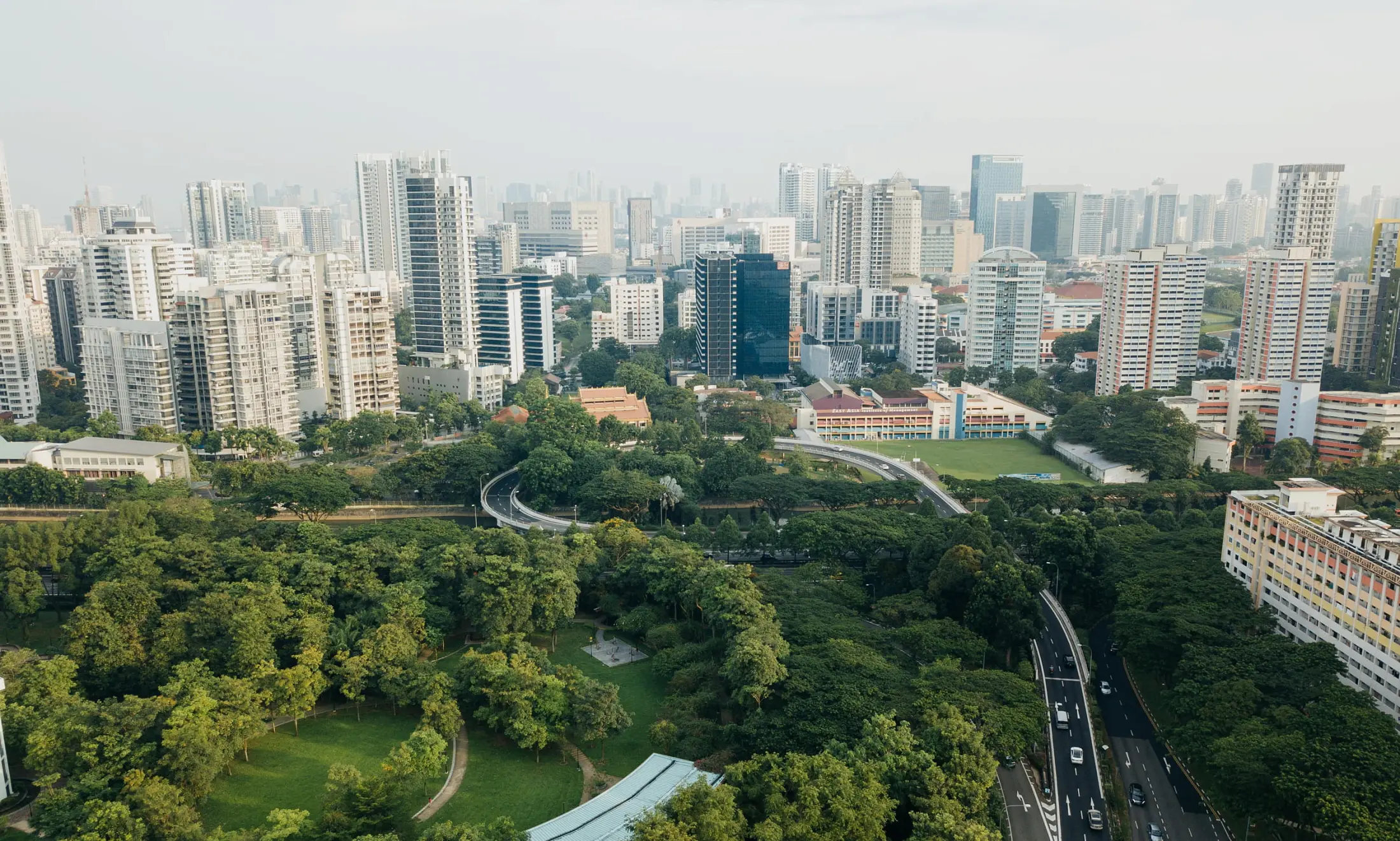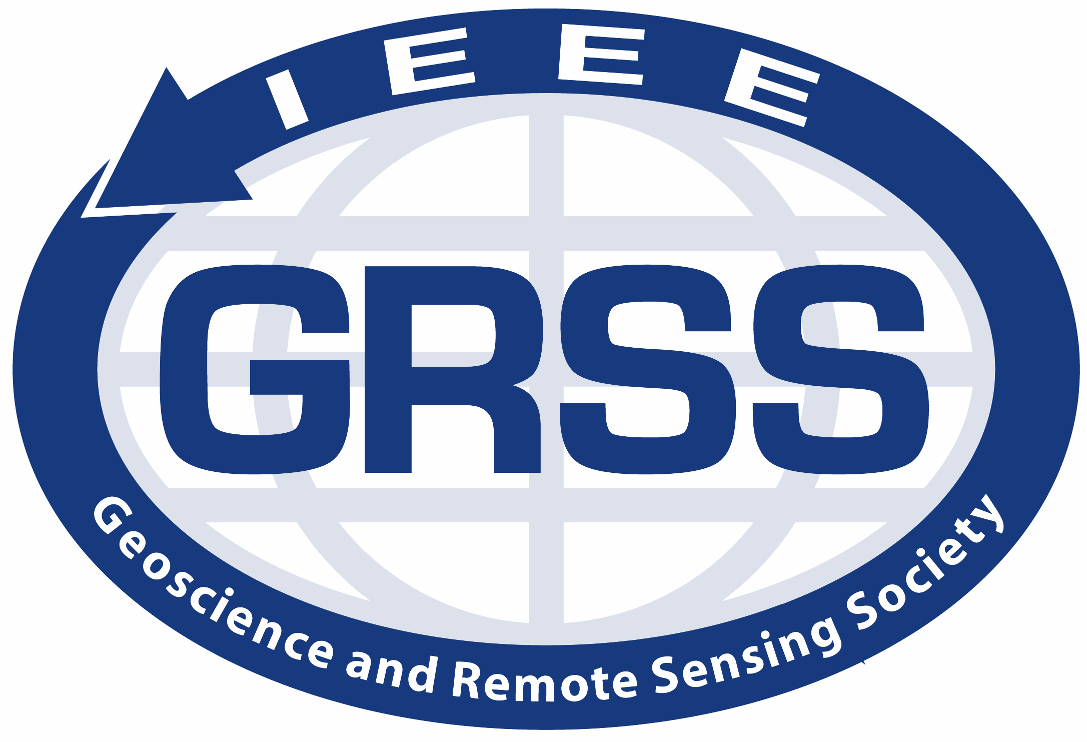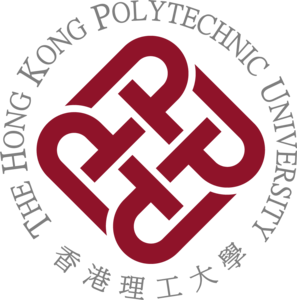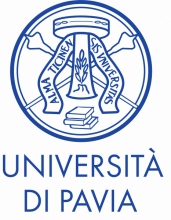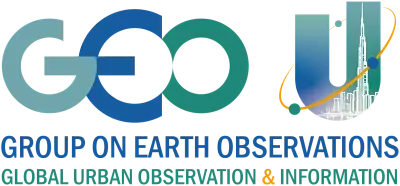The Challenge
Without proper engagement and coordination with cities, Sustainable Development Goal (SDG) targets, especially for SDG 11, will not be fully achieved. The availability and comparability of data for urban areas across different countries pose significant challenges, hindering effective urban monitoring and assessment.
The Solution
Global Urban Observation and Information (GUOI) aims to develop satellite-based essential urban variables and indicators, provide datasets and information to relevant urban users, and support the United Nations' SDG Goal 11 of making cities inclusive, safe, resilient, and sustainable.
- Satellite-based urban variables and indicators that support UN SDG 11
- Establish the Global Institute of Sustainable Cities (GISC) to explore the use of Earth Observation (EO) as a technology for sustainable urban development and to support GEO's objectives on urban and coastal resilience.
- Expand the Megacities Observation and Monitoring (MOM) program, which builds upon the Global Urban Supersites Initiative under GEO SB-04 and GI-17. This initiative provides data sets for municipalities worldwide.
- Continue generating Global Urban Footprints Layers at various international and national levels
- Implement a Virtual Global Urban Remote Sensing Laboratory through collaborative projects. The primary objective is to develop an online tool for acquiring, processing, visualizing, and sharing urban data sets.
- Maintain joint projects on Impervious Surface Mapping in Tropical and Subtropical Cities (ISMiTSC) in Asia, Africa, and South America.
- Organize the Annual GEO Global Urban Observation Symposium.
- Create an annual International Summer School, in conjunction with Joint Field Work in Selected Cities/Regions during a GEO event, to provide training and education to students and young researchers worldwide.
Latest Developments
The Hong Kong Polytechnic University has selected to sponsor a Research Centre for Artificial Intelligence in Geomatics, directed by Prof. Qihao Weng, which will facilitate and provide financial support, indirectly, for GUOI activities and programs.
Policy Drivers
he GUOI are aligned with policy drivers that aim to address urban and environmental challenges. They respond to UN SDGs, particularly SDG 11 on sustainable cities and communities. By generating urban variables, indicators, and datasets, these initiatives support evidence-based policymaking, urban planning, and the implementation of sustainable development agendas.
- Urban Mapping and Monitoring: Initiatives such as IMapSEANcities, Megacities Observation and Monitoring (MOM), and Impervious Surface Mapping in Tropical and Subtropical Cities (ISMiTSC) focus on mapping and monitoring urban areas. They aim to provide accurate and up-to-date data on impervious surfaces, urbanization trends, and land use changes. These initiatives help in understanding the spatial dynamics of cities, supporting urban planning, and informing decision-making processes.
- Sustainable Cities and Communities: The Global Institute of Sustainable Cities (GISC) and the Global Urban Footprints Layers program contribute to the development of sustainable cities and communities. They explore the use of Earth Observation (EO) technologies to enhance urban resilience, support sustainable development goals, and provide objective information on global urbanization. These initiatives facilitate evidence-based policymaking and planning for sustainable urban growth.
- Capacity Building and Collaboration: The Annual GEO Global Urban Observation Symposium, International Summer School, and collaboration with organizations like the IEEE GRSS Hong Kong Chapter focus on capacity building and knowledge sharing. These initiatives provide platforms for researchers, students, and young professionals to enhance their skills and understanding of urban observation and analysis. They foster collaboration among stakeholders, promote the dissemination of research results, and facilitate networking opportunities.
Our Partners
Participating Organizations
Non-affiliated
